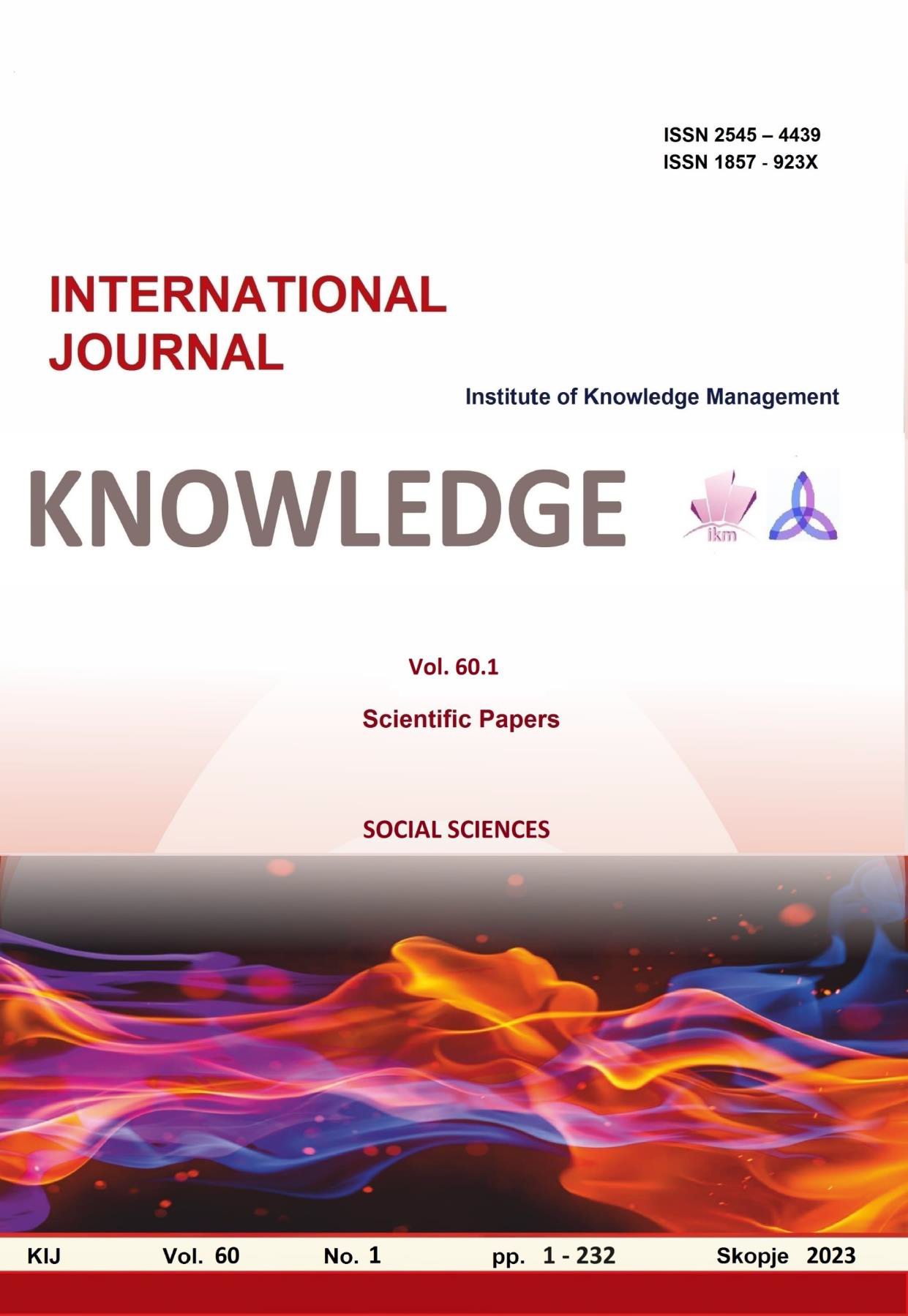БЪЛГАРСКАТА ДЪРЖАВНА ПОЛИТИКА ПО ОТНОШЕНИЕ НА БЪЛГАРСКИТЕ ОБЩНОСТИ НА БАЛКАНИТЕ
THE BULGARIAN STATE POLICY REGARDING THE BULGARIAN COMMUNITIES OF THE BALKANS
Author(s): Boryana Buzhashka, Vanya DobrevaSubject(s): Social Sciences, Sociology, Sociology of Culture, Migration Studies
Published by: Scientific Institute of Management and Knowledge
Keywords: Bulgarian communities;state policy;Balkans;Bulgarian diaspora;cultural heritage
Summary/Abstract: The big topic for Bulgarian communities abroad is not new and various aspects of it have been the subject of research over the years. The research focuses mainly on the Bulgarian communities in Moldova, Ukraine, North America and part of the European territories. However, the Bulgarian diaspora in the Balkans has not been studied so carefully, especially in the Western Balkans. It should be pointed out that the Bulgarian communities in the Balkans, regardless of their common ethnogenesis, differ among themselves in a number of factors: ethnocultural, ethnographic, confessional and/or linguistic. For this reason, their consideration is subject to the chronological principle of classification, involving the unification of communities according to the historical period of their settlement – "old" (historical) and "new"(modern). In turn, in the historical emigration can also be distinguished several stages: until 1878. (the restoration of the Bulgarian state); between 1878 and 1944. period of development of Bulgaria as a monarchy); between 1944 and 1989. (period of the Socialist Republic). It is indicative that in the second half of the twentieth century Bulgaria developed specific policies towards the Bulgarian communities - mainly along the lines of culture. State institutions such as the committee for Bulgarians abroad were established and operated with the task of maintaining Bulgarian self-awareness. Magazines are published ( patriotism, Fatherland, etc.). The Bulgarian communities also formed the donation fund "13 centuries Bulgaria", which continues its activity today under the name "1300 years Bulgaria". After the changes of 1989. (the period of democratic changes) begins a new stage in the policy towards the Bulgarian communities. Policies in the field of Education have been introduced through special decrees: decree 103 (for the implementation of educational activity among Bulgarians abroad) and decree 228 (for the admission of citizens from the Republic of North Macedonia to the state universities of the Republic Of Bulgaria). It should be noted that this issue is the center of a project on which, at the moment, a scientific team from Unibit is working. One of the goals of this project is to study the cultural and historical heritage of the Bulgarian communities in the Balkans and to develop a digital map. This will contribute to the identification of the modern Topos inhabited by ethnic Bulgarians and through them to conceptualize on another level the question of the Balkans as synthetic zones of cultural contacts. Also, the results of the study will crystallize into the development of a cultural route that will show the dynamics of cultural processes between Southeast and Central and Western Europe, in which all Balkan communities are included.
Journal: Knowledge - International Journal
- Issue Year: 60/2023
- Issue No: 1
- Page Range: 221-226
- Page Count: 6
- Language: Bulgarian

